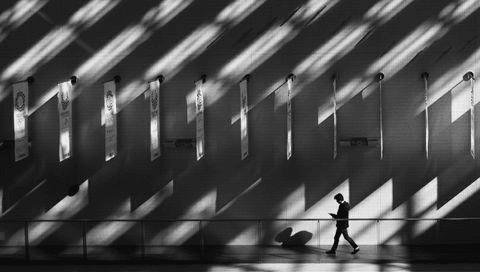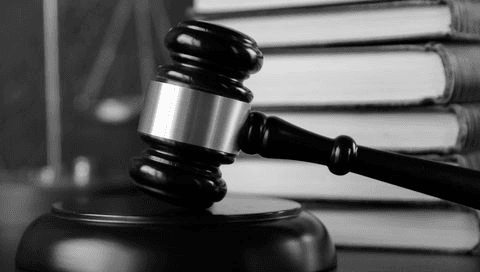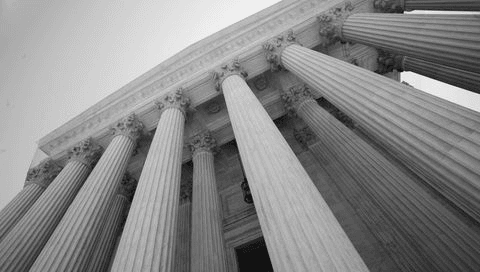The USPTO Director recently granted a petitioner’s request for rehearing of the decision discretionarily denying institution of inter partes review, ultimately vacating the original decision, and referring the petition to the board for an institution decision.
On June 12, 2025, the Director exercised her discretion to deny the institution of an IPR, noting that a district court trial was scheduled to occur before the expected Final Written Decision deadline. The Director found petitioner’s arguments related to the likelihood of the district court granting its transfer motion, but suggested that, if the court did grant petitioner’s motion within 30 days, petitioner could file a request for rehearing. On June 24, 2025, the district court cancelled the scheduled Markman hearing and stayed all case deadlines pending resolution of the transfer motion.
On July 3, 2025, petitioner filed a request for rehearing of the Director’s June 12, 2025 decision granting patent owner’s request for discretionary denial. Petitioner included the district court’s June 24, 2025 orders as evidence and the Director granted petitioner’s rehearing request. The Director specifically identified the district court stay and cancelled Markman hearing as relevant changed circumstances. The Director explained that these changed circumstances did not favor discretionary denial. Moreover, the Director noted that the challenged patent was issued in 2021, and that patent owner did not “develop[] strong settled expectations that favor discretionary denial.” The Director was also not persuaded by patent owner’s argument that petitioner’s rehearing request was “based on multiple layers of assumptions and speculation,” particularly in light of the evidence petitioner presented alongside its rehearing request. Based on the totality of the evidence and arguments, the Director held that “in view of all relevant considerations, discretionary denial of institution [was] not appropriate in this proceeding.”
Practice Tip: If the Director exercises discretion to deny IPR based on co-pending litigation deadlines, petitioners should identify any changes to key deadlines (and support such changes with sufficient evidence) in a request for rehearing. In responding to a rehearing request, patent owners should point to specific considerations for why discretionary denial is nonetheless appropriate, such as settled expectations, and should indicate why any changes in circumstance between the initial decision and rehearing request do not affect the considerations that previously led to a discretionary denial.
Advanced Micro Devices, Inc. v. Concurrent Ventures, LLC, No. IPR2025-00223, Paper 12 (P.T.A.B. Aug. 14, 2025).




